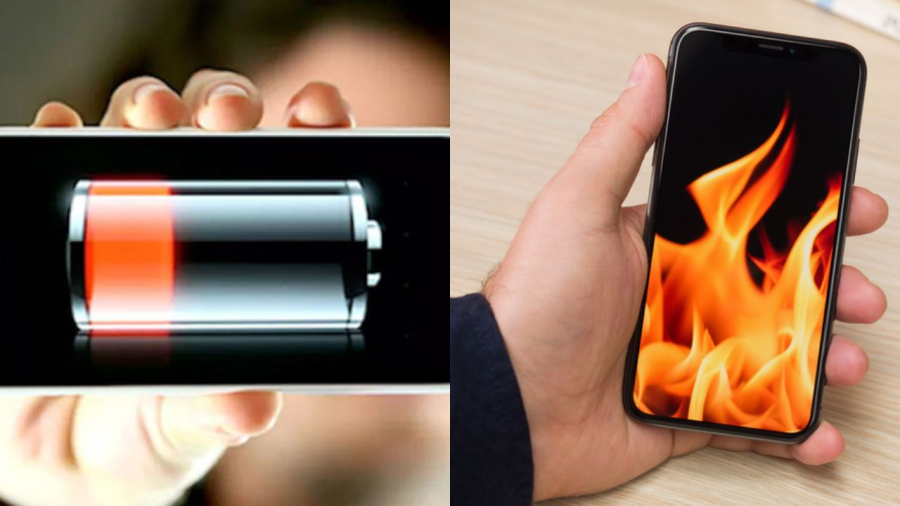Spyware is a serious threat to your privacy and security when installed on your phone. Criminals can gain access to your phone conversations, images, and data, potentially leading to identity theft and financial loss. Be vigilant for the following suspicious signs that indicate your phone may be bugged.
Signs Your Phone May Be Bugged:
Rapid Battery Drain: If your phone’s battery is draining faster than usual, it could indicate spyware. Unless your phone is damaged or you’re using data-intensive apps, a sudden decrease in battery life may suggest spyware is running in the background, overworking your phone and causing the battery to heat up.
Strange Noises During Calls: If you hear unusual noises like beeping or static during calls, your phone may be bugged. These sounds could indicate that someone is eavesdropping on your conversations, even if your phone’s speaker is functioning properly. If you experience this frequently, it’s a cause for concern.

Bugged phones can lead to personal and financial information theft.
Unexpected Phone Behavior: Does your phone turn on and off by itself? This could be a sign that criminals are remotely accessing your device. Pay attention to any unusual behavior, especially if it occurs at night.
Excessive Mobile Data Usage: Spyware often uses your mobile data connection to transmit information. If you notice a sudden increase in data usage, slower connection speeds, and your data plan depleting faster than usual, your phone may be infected with spyware.
Unexplained Phone Heat: If your phone feels warm even when you’re not using it extensively, spyware could be the culprit. Background processes and constant data transmission associated with spyware can cause your phone to heat up.
Strange Text Messages: Be cautious if you start receiving strange text messages, especially those containing codes or seemingly random characters. Criminals often use these messages to communicate with the spyware installed on your phone.

Be wary of rapid battery drain, overheating, and unexpected phone behavior.
Tips to Address the Issue:
If you suspect your phone is bugged, take the following steps:
Check for signs of jailbreaking (iPhone) or rooting (Android), as this indicates unauthorized modifications. Look for apps like Cydia, Icy, Installer, Installous, and SBSettings. If found, consider restoring your phone to factory settings or, if sensitive information is involved, getting a new phone.
Manual Detection: Spyware often disguises itself with misleading names. Go to your phone’s settings, review installed apps, and uninstall any suspicious or unfamiliar ones.
Factory Reset: Resetting your phone to its original settings is a quick way to remove spyware. Ensure you back up important data first, as this process will erase everything on your device.
Use Antivirus Software: Install reputable antivirus software to detect and remove malicious programs, including spyware. This will enhance your phone’s security against external threats.
Protect Your Phone: Be cautious when using your phone in public places. Avoid leaving it unattended, and enable multiple security measures like fingerprint or facial recognition. Be vigilant about app permissions and downloads, and avoid lending your phone to strangers.





































